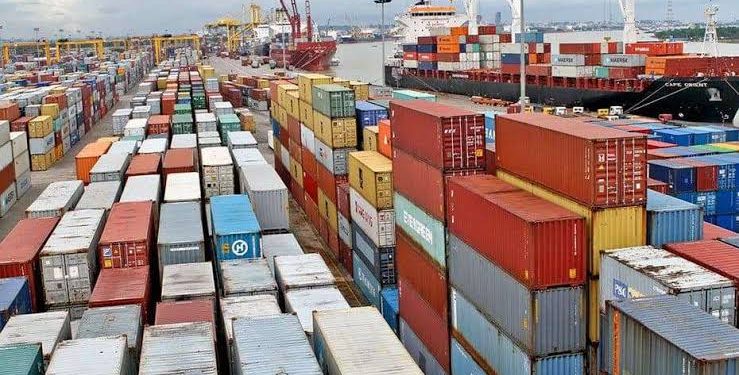The Federal Government has begun a comprehensive overhaul of cargo operations at Murtala Muhammed International Airport (MMIA) in Lagos, aiming to strengthen the agro-allied and non-oil export value chain and improve foreign exchange earnings.
Led by the Federal Airports Authority of Nigeria (FAAN), the initiative includes biometric registration and documentation of all cargo handling and logistics companies and personnel. These stakeholders will be issued category-specific access point cards to streamline processes and enhance security within the airport’s cargo terminal.
The Director of Aviation Security Services at FAAN explained that this is part of wider efforts to modernize Nigeria’s airport infrastructure and attract global investment into the country’s air cargo value chain. Planned upgrades include full automation of entry and exit points, installation of high-tech scanners, surveillance systems, and standardized procedures to eliminate informal practices.
The government is also addressing the concerns of foreign airlines by investing in advanced security infrastructure, such as explosive trace detectors, which are increasingly required for the acceptance of Nigerian exports abroad. According to FAAN, more than 300 CCTV cameras have already been installed across the country to boost surveillance and ensure safer, more efficient cargo operations.
At the Lagos cargo terminal, biometric registration of operators is reportedly 90 percent complete. Infrastructure to support the National Agricultural Quarantine Service is also under development, aimed at facilitating the seamless exportation of agro-produce.
Once automation is finalized, all access and movement within the terminal will be strictly regulated. This is expected to eliminate unstructured operations, enhance investor confidence, and improve Nigeria’s standing in the global air cargo sector—particularly for time-sensitive and high-value exports.
A staff member from one of the cargo handling companies confirmed anonymously that the recent upgrades have already led to an increase in export volumes.
In addition, FAAN is implementing pilot export projects based on recommendations from the AviaCargo Roadmap Committee. These projects are being launched through airports in Lagos, Kano, Enugu, and Jos to test a new, structured air cargo supply chain from farm gate to airfreight terminal.
FAAN’s Managing Director affirmed the administration’s dedication to building a robust air cargo ecosystem, framing it as a key driver of the country’s non-oil export strategy and a catalyst for sustainable economic growth.










